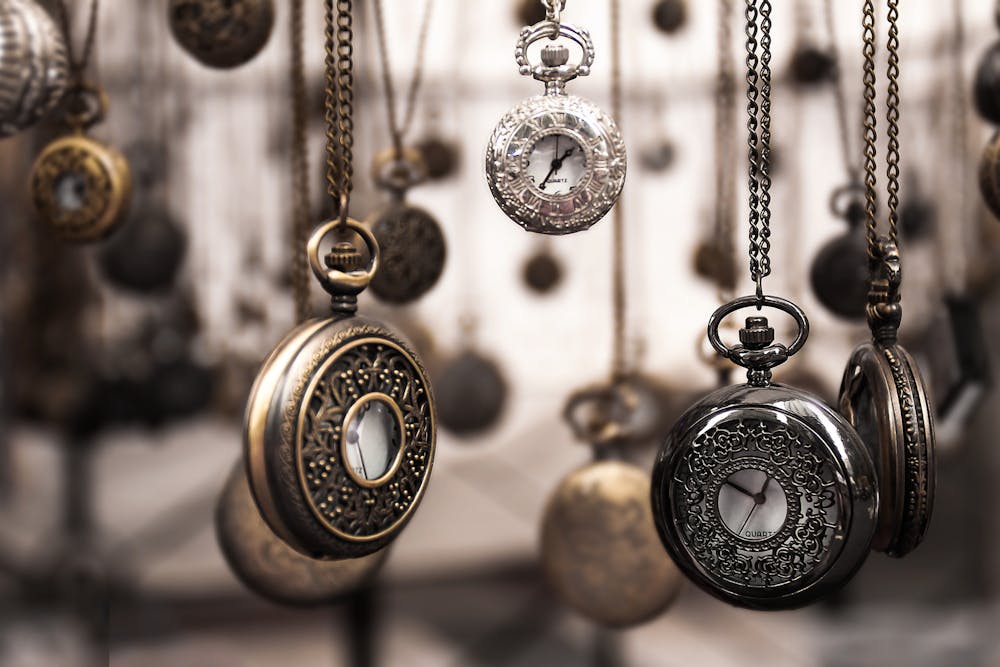By Isabella Darcy
Opinions Editor
Most of the U.S. lost an hour of afternoon sunlight on Nov. 5, during the transition from Daylight Saving Time (DST) to Standard Time. Since the early 20th century, most of the U.S. has set their clocks forward in the spring, and then turned them back in the fall. This practice was once for the better, but it is no longer worth the hassle and negative effects.
In March, 1918, the Standard Time Act was passed with the purpose of gaining more hours of sunlight and to cut down on fuel spending during World War I. The war ended, but adjusting clocks bi-annually stuck.
Following this outdated and unnecessary practice has consequences, especially for college students. Adjusting clocks interrupts sleep and daily routines and can even be detrimental to one's health.
When what is commonly known as “fall back” occurs, the transition is obvious on college campuses. With less sunlight in the afternoon, comes less foot traffic around campus.
In the first half of the fall semester, an afternoon class may end while it is still light out, giving students time to participate in outdoor activities after class. After turning the clocks back, however, that same class might end after the sun has already set, making outdoor activities less accessible. Thus, losing an entire hour of sunlight in the afternoon can impede on students’ schedules, especially for those who take afternoon classes.
The switch to Standard Time occurs in the middle of the fall semester when most students have a routine that they are used to. Those with routines are likely to have specific times that they wake up and go to sleep.
Individuals who maintain the same sleep and wake times after the transition to Standard Time are essentially going to bed and rising an hour earlier according to their body’s internal clock.
Internal clocks continue running on the same 24 hour cycle whether we are in DST or Standard Time. This means that one's sleep-wake cycle can be thrown off by changes in clock time, which can result in disrupted sleep.
Dr. Rajkumar Dasgupta told CNN that disturbances, like poor slumber, to the body’s internal clock can trigger cluster headaches. A cluster headache is a very painful type of headache that occurs in frequent attacks.
Students who experience recurrent intense pain from cluster headaches may have trouble paying attention in class or completing assignments. This could result in less retention of information and lower grades.
Along with physical health, “fall back” can impair one's mental health. It is believed that the shorter, darker days of fall and winter lead to seasonal affective disorder (SAD). SAD is a type of depression that occurs during a certain season of the year, most commonly fall and winter.
“The body naturally makes more melatonin when it's dark,” according to Johns Hopkins Medicine. “Melatonin, a sleep-related hormone, also has been linked to SAD.”
Depression can make it difficult to get out of bed, be socially active or even eat, let alone perform well in classes. So, SAD has potential to negatively impact two of the most significant aspects of college: academics and social life.
Days are going to get shorter in the fall and winter no matter what — because of the Earth’s orbit around the sun — but “fall back” expedites the process.
“Fall back” can disadvantage individuals who adjust their clocks, especially college students. We should allow the clocks to remain unchanged, instead of adjusting them, in order to lessen the potential negative effects of shorter days during the fall and winter.







